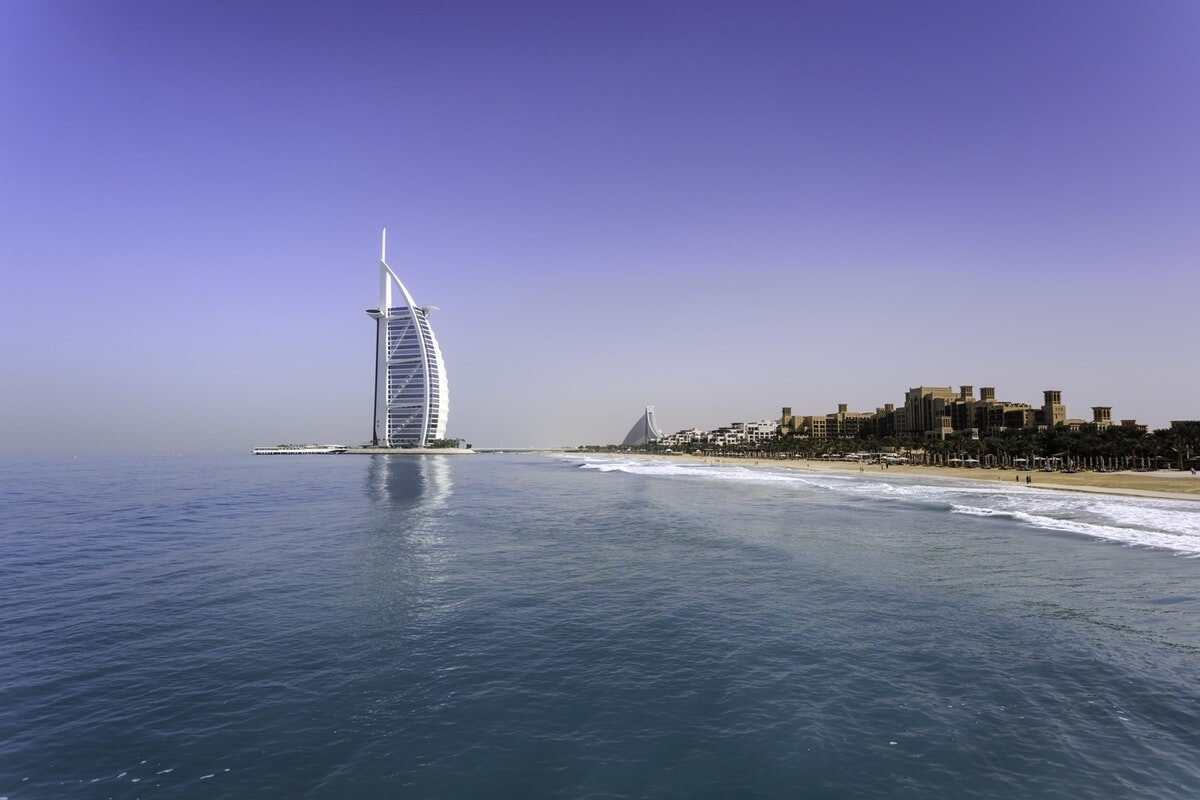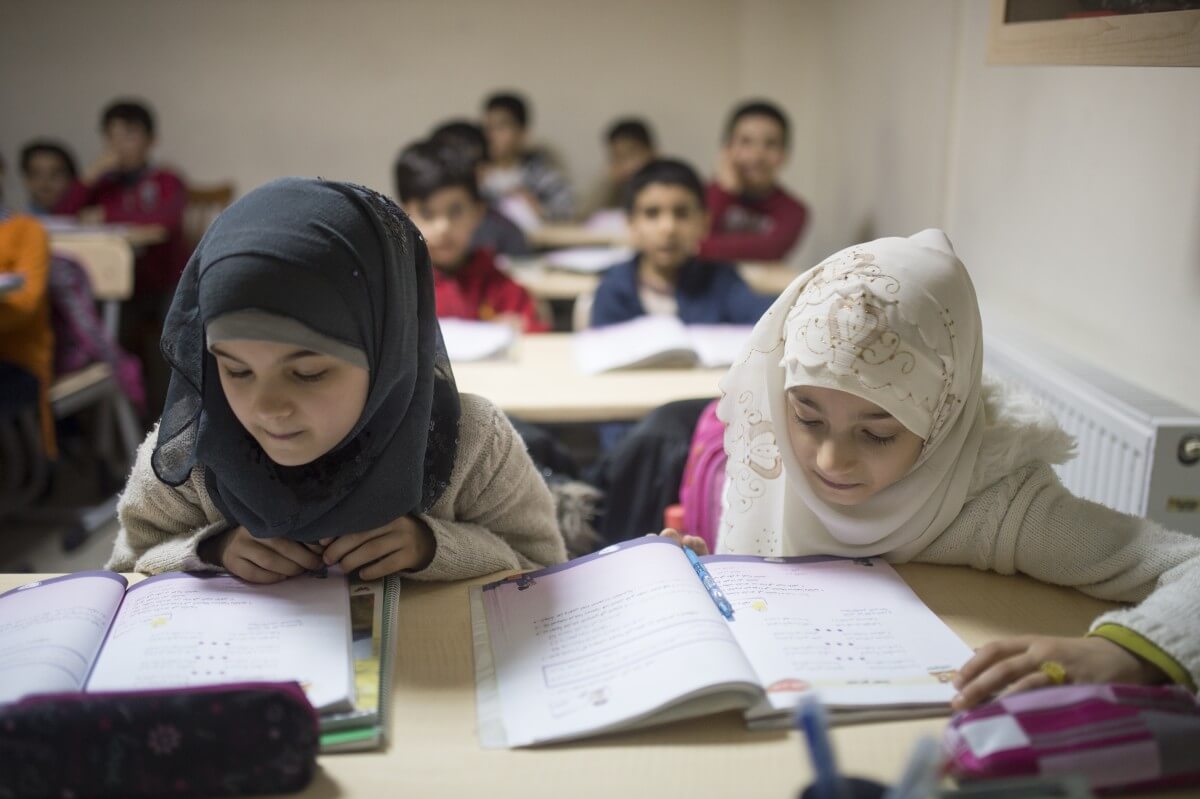
There is fresh hope and interest in the United Arab Emirates (UAE) as a study abroad destination since it widened eligibility for its UAE golden visa late last year. As Dubai solidifies its position as the preferred higher education destination in the Middle East, international universities are encouraged to open up branch campuses there, which is expected to attract more overseas candidates in the near future. So if you’ve ever thought of studying in the land of deserts and skyscrapers, here are some latest development to consider.
Can students apply for the UAE golden visa?
This long-term visa is set up to attract foreign investors and talent to study and work in the UAE. Now, it is also open to PhD holders, physicians, top graduates, and technology experts who are looking to build a life there. Bear in mind that the standards are high; even doctors must come from one of the world’s top 500 universities with a decorated CV of awards, publications, contributions, and 10 years of experience. As for students, only the cream of the crop — those with a minimum 3.75 GPA — are welcome to apply for a five-year visa. Once you obtain one, these visas are automatically renewed.
School leavers with a minimum grade of 95% are welcome to apply for the UAE golden visa, too. Those who attend university in Dubai have a greater opportunity to pursue a career there since the UAE is building its future talent base with more visionaries and professionals. This idea is supported by the managing director of Dubai International Academic City and Dubai Knowledge Park, Mohammad Abdullah, who believes the UAE golden visa will help universities attract students from all over the world. “For those students to come and study in the country, that will open the door for them to, later on, find jobs,” he told The PIE News.
More campuses coming to study hub
Dubai International Academic City currently has 27 universities with more to open; 18 of these are international campuses, including the recently-opened University of South Wales Dubai. It currently hosts over 27,000 students from close to 150 nationalities. It will add Heriot-Watt University Dubai to the list in April — a move that provost Ammar Kaka believes “makes the campus location a rich environment for industry-academia collaboration and will open up work-based learning opportunities for our students.”
Another upcoming institution is the University of Birmingham Dubai, which aims to accommodate up to 2,900 students once it opens in September. “As vaccines begin to help manage the ongoing impact of COVID-19 in the UAE and around the world, Dubai and the UAE are well-positioned to support the continued growth and development of the higher education sector in the Emirates,” said campus director Ben Bailey.










